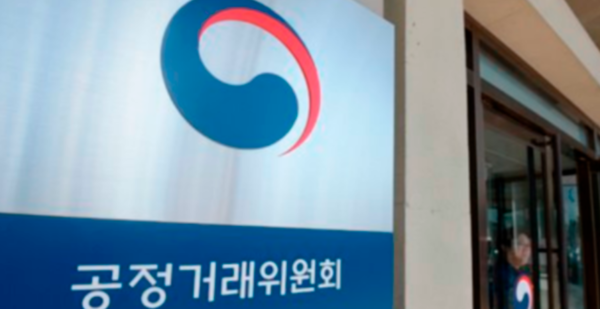Input 2021.01.26 10:00
The Fair Trade Commission announced on the 26th that the enactment of the Online Platform Act has passed the State Council. The application of the Online Platform Act is a service that brokers the initiation of transactions between a store company and a consumer. In addition to the brokerage service, advertising, payment, delivery support, and customer management are also included in the transaction brokerage.

The object of application of the platform law prescribed by the government is the commission income, that is, sales of 10 billion won or less, or the sum of sales price, that is, the brokerage transaction amount, of 100 billion won or more, which is more than the amount prescribed by Presidential Decree. In this case, it includes platform fields such as open market, delivery app, app market, lodging app, boarding brokerage app, price comparison site, information provision service such as real estate and used cars, and search advertisement service.
According to the Fair Trade Commission, at this point, 8 open market platform companies, 2 lodging app companies, and 4 delivery app companies are applicable, but it may increase further according to the standards of the enforcement ordinance. There are 1.4 million stores that will benefit. First of all, not only open markets such as Coupang and Gmarket, but also portals that provide’search advertising services’ such as People of Delivery (food delivery), Yanolja (stay), Kakao Taxi (car ride), Naver, Kakao, and Google are also subject to regulation. to be.
In relation to the controversy over reverse discrimination raised by some, the FTC dismissed that it would be’applied without discrimination against domestic and foreign companies’. Director Shin emphasized that foreign companies’ data can be secured through a variety of document delivery methods. “A business operator who is not responsible for its obligations will exercise the right to investigate and confirm and sanction.” Understanding overseas platform sales and transactions Regarding this, he stressed that “there are several ways.”
Currently, there is no separate regulation for certain payment methods such as’force in-app payment’ by Google, which has emerged as a hot topic in the domestic IT industry. This is different from the provisions of a separate online platform bill submitted by Democratic Party lawmaker Kim Byeong-wook to the National Assembly to prohibit’forced act of certain payment methods’.
Regarding this, Secretary General Shin said, “The FTC enactment defines the act of forcing the purchase of goods or services to be an unfair trade act,” and “We believe that if this type is applicable, it can be applied comprehensively.” I left it open.
The enactment proposed that the amount of the penalty penalty be imposed within twice the amount of the violation. However, it was decided to file a complaint with the prosecution only in cases of retaliatory acts and violations of corrective orders for the reasons of reporting by the participating company to the Fair Trade Commission. In this case, they may be punished by imprisonment for up to two years or to a fine of 150 million won or less. The Fair Trade Commission explained that “the penalties were minimally stipulated and the standards for imposing fines were strengthened to prevent impediment of platform innovation and secure the power to deter the violation of the law.”
The government is expected to present the enactment to the National Assembly within this month. Currently, the National Assembly has an online platform bill initiated by Representatives Kim Byeong-wook and Jeon Hye-sook, so it is unclear whether the government proposal will pass as it is. Shin said, “As the platform industry argues, there is a possibility that an opinion to lower the regulation a little bit, and rather to strengthen the regulation further,” and “there will be efforts to find the most appropriate level of legislation in the course of discussions at the National Assembly” did.
